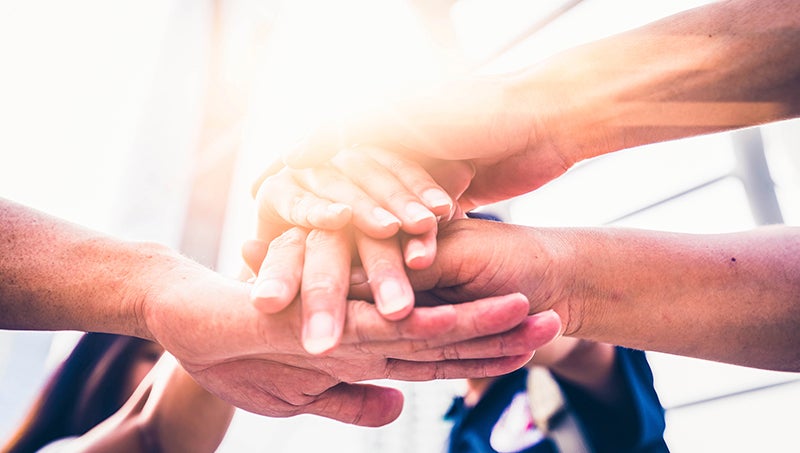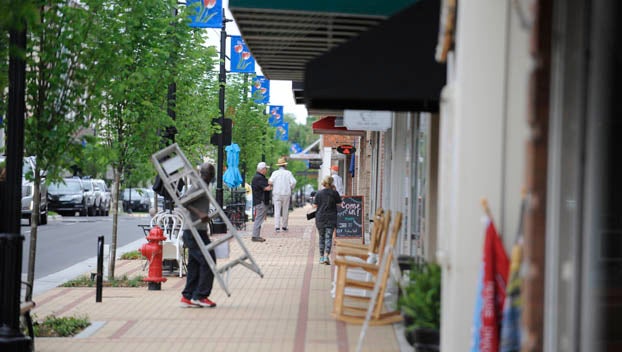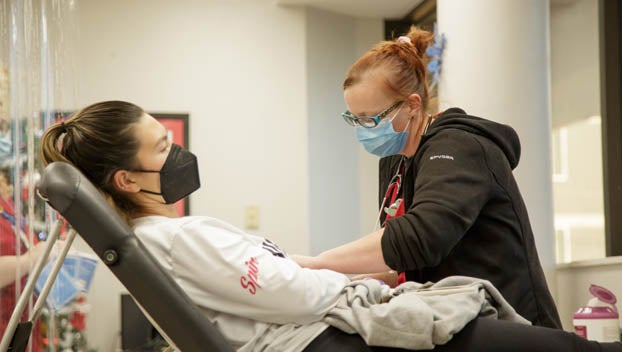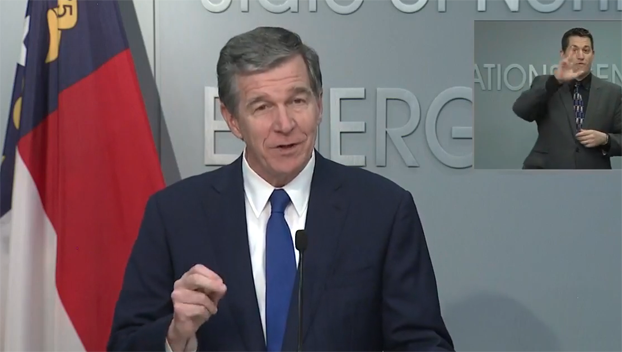A moral pact to protect one another
Published 7:03 pm Wednesday, March 18, 2020
|
Getting your Trinity Audio player ready...
|
Earlier this week, a video circulating on Facebook offered some really good advice when it comes to COVID-19 and what you, individually, can do to prevent its spread. The video was only about 20 seconds and the speaker was an infectious disease specialist from across the world.
He said that every person needs to change their mindset about COVID-19.
At this point, most people are moving through daily life taking precautions aimed toward not getting COVID-19. Everyone can agree that no one wants this virus.
However, what if you, instead of thinking about taking precautions to avoid getting the disease, acted as if you already have it?
Take a moment to think about what that looks like.
If you had the flu, it’s likely you would not be going to the grocery store or to work or even to church. You would stay home. Even if you had a bad cold, you’d try to stay home and avoid others as much as possible. It’s just the right thing to do — not only because you feel bad, but because it’s part of a moral pact we have to protect one another.
The real threat of COVID-19 has nothing to do with death rates, and comparing it to flu, SARS, MERS, etc. is, at this point, like comparing tiny, viral apples and oranges. The need to take extreme measures, such as closing schools, restaurants and bars, postponing or canceling events — sports seasons, concerts, weddings, even birthday parties — is the only known way to control COVID-19’s rapid spread and give our health care systems a fighting chance to treat critical patients.
Here’s a sobering fact: in NC, there are approximately 25,000 hospital beds, according to N.C. Senator Jeff Jackson.
That 25,000 sounds like a lot, right?
The issue is that 80% of them are already taken, which is a lot less beds. Even 5,000 may seem like a lot, but what we will continue to have to contend with is flu, heart attacks, strokes, surgery recoveries and so many more issues — none of which stop because there’s a new virus out there. When there are not enough beds, supplies and uninfected medical professionals to treat critical patients, then a life and death situation spirals out of control.
Social distancing is not new. It was what ultimately stopped the flu epidemic in 1918, which infected 27% of the world’s population and killed an estimated 20 to 50 million people, including 675,000 Americans.
But for interventions to work, people have to not only voluntarily comply to efforts to stop COVID-19, they have to keep on complying until there’s an end in sight.
What’s needed now is not only social distancing, but a change in each and every mindset: act as if you already have COVID-19. Protect your community and your community will return the favor.
We’re all in this together.





